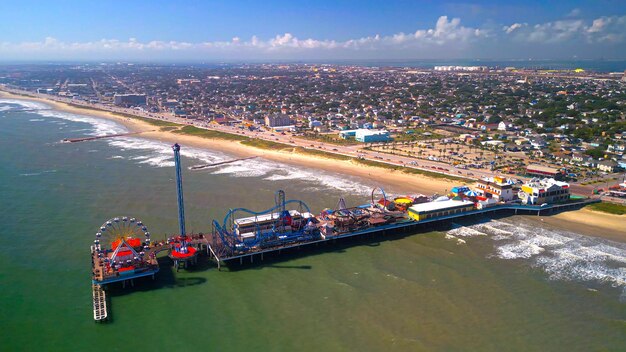In the face of rising global trade tensions, South Africa is prioritizing the enhancement of its trade and investment relationships, particularly within Africa and with China, its largest trade partner. Trade Minister Parks Tau has articulated a robust strategy aimed at boosting intra-African trade as a means to fortify economic resilience against a backdrop of uncertainty marked by tariff impositions and geopolitical shifts.

Navigating Global Trade Challenges
At the recent FT Africa Summit in London, Minister Tau addressed the complex dynamics shaping international trade. The escalating trade conflict between the U.S. and China, characterized by punitive tariffs, alongside Europe’s introduction of carbon import taxes, has raised concerns about a potential global trade war. Tau warned of the detrimental impact these developments could have on economies like South Africa’s, emphasizing the urgency for African nations to adapt.
With the possibility of a shift in U.S. leadership, concerns mount that a return to Trump’s administration could trigger further escalations in trade hostilities, potentially affecting global supply chains. “There’s almost an unannounced trade dispute,” Tau stated, underscoring the need for Africa to unify its trading efforts.
Leveraging the African Continental Free Trade Area (AfCFTA)
Recognizing the imperative for collaboration, Tau highlighted the African Continental Free Trade Area (AfCFTA) as a pivotal opportunity for member states to enhance their integration. The AfCFTA, which came into force in 2019, has the potential to unify 1.3 billion people across a $3.4 trillion economic bloc, allowing African nations to capitalize on their collective strengths in the global marketplace.
“Many of those mines will complement one another,” he noted, referring to the continent’s rich mineral resources. South Africa aims to not only export raw materials but also create value-added products within the continent, thereby bolstering its economic position.
Expanding Exports and Investments
In pursuit of this vision, South Africa plans to enhance its export capacity in critical minerals, white goods, and steel. Additionally, Minister Tau signaled intentions to boost exports to China, particularly in beef and manufactured goods, which could attract further Chinese investment in sectors like automotive manufacturing.
Moreover, the South African government is also addressing compliance challenges faced by foreign companies regarding Black empowerment laws, which have raised concerns among investors. Efforts are underway to refine these regulations to facilitate foreign investment while promoting equitable ownership among historically disadvantaged groups.
As South Africa maneuvers through the turbulent waters of global trade, its focus on strengthening intra-African partnerships and engaging with major trade partners like China presents a pathway to enhance economic resilience. By leveraging collective strengths and pursuing innovative strategies, South Africa aims to emerge as a more integrated player in the global economy.”
Discover more insights at Harboursim LP. Visit our website for the latest updates and expert analysis.
HLP-TRA-202411-1060 | Feel free to share this article.
